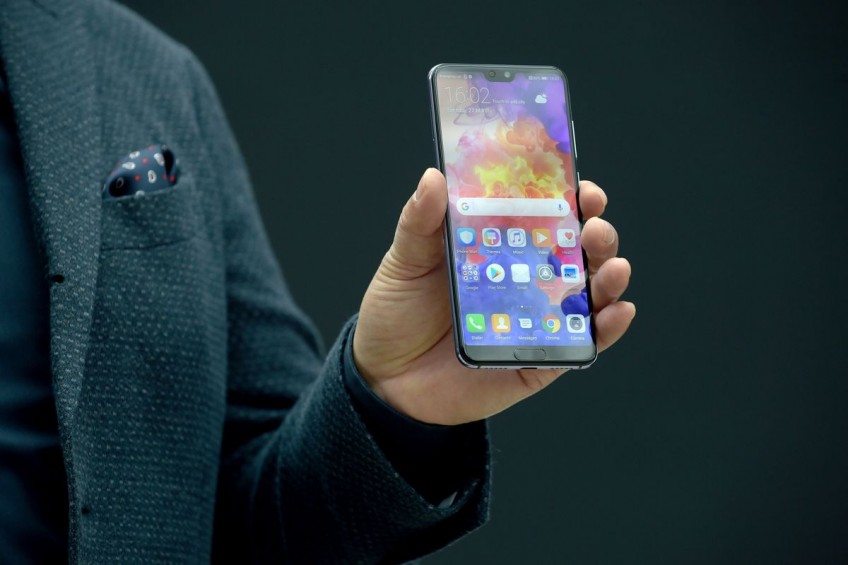Huawei beats Apple to take second spot in global smartphone market

SAN FRANCISCO - China-based Huawei took the second-place spot from Apple in a tightening global smartphone during the second quarter of this year, according to figures released Tuesday (Jul 31) by International Data Corporation.
South Korean consumer electronics titan Samsung remained the top smartphone maker, shipping 71.5 million handsets, but Huawei moved into second position with shipments of 54.2 million, according to IDC Worldwide Quarterly Mobile Phone Tracker.
Silicon Valley-based Apple shipped 41.3 million iPhones, claiming 12.1 per cent of the global market compared to 20.9 per cent for Samsung and 15.8 per cent for Huawei.
It was the first time since early 2010 that Apple wasn't in one of the top two spots in the smartphone market, according to IDC.
"The continued growth of Huawei is impressive, to say the least, as is its ability to move into markets where, until recently, the brand was largely unknown," said Ryan Reith, programme vice president with IDC's Worldwide Mobile Device Trackers.
The iPhone did well, with the top-of-the-line iPhone X model a big seller in many markets, according to IDC. Apple was expected to wrest back control of the market with the release of new iPhone models in the fall.
Apple, Huawei and Samsung were the main contenders when it came to competition for high-end smartphones priced at US$700 or more, according to Reith.
Preliminary findings by IDC indicated a total of 342 million smartphones were shipped during the second quarter in a 1.8 per cent decline from the same period a year earlier.
The drop marked the third consecutive quarter of year-over-year declines in the global smartphone shipments, according to IDC.
Market saturation and climbing average selling prices were among factors curbing growth in the smartphone market, said Worldwide Quarterly Mobile Phone Tracker research manager Anthony Scarsella.
"Consumers remain willing to pay more for premium offerings in numerous markets and they now expect their device to outlast and outperform previous generations of that device which cost considerably less a few years ago," Scarsella said.